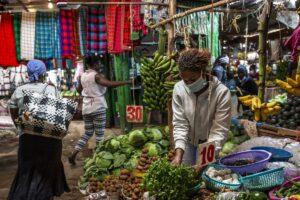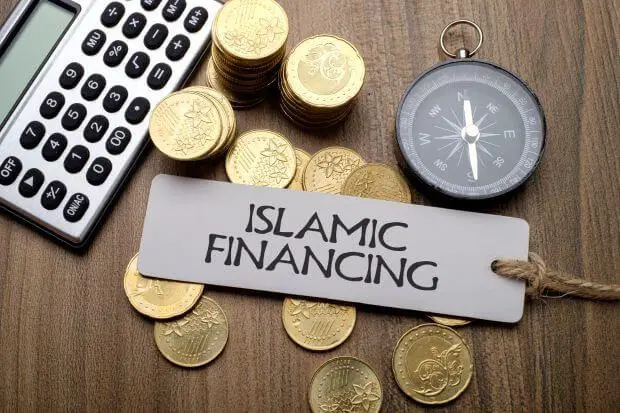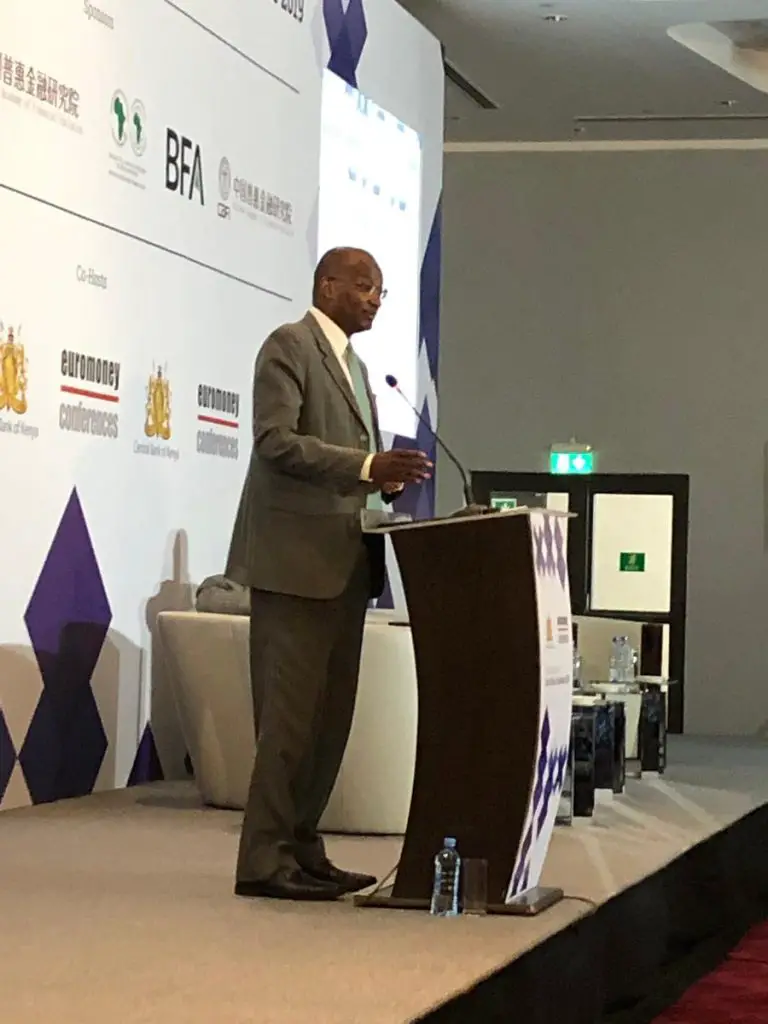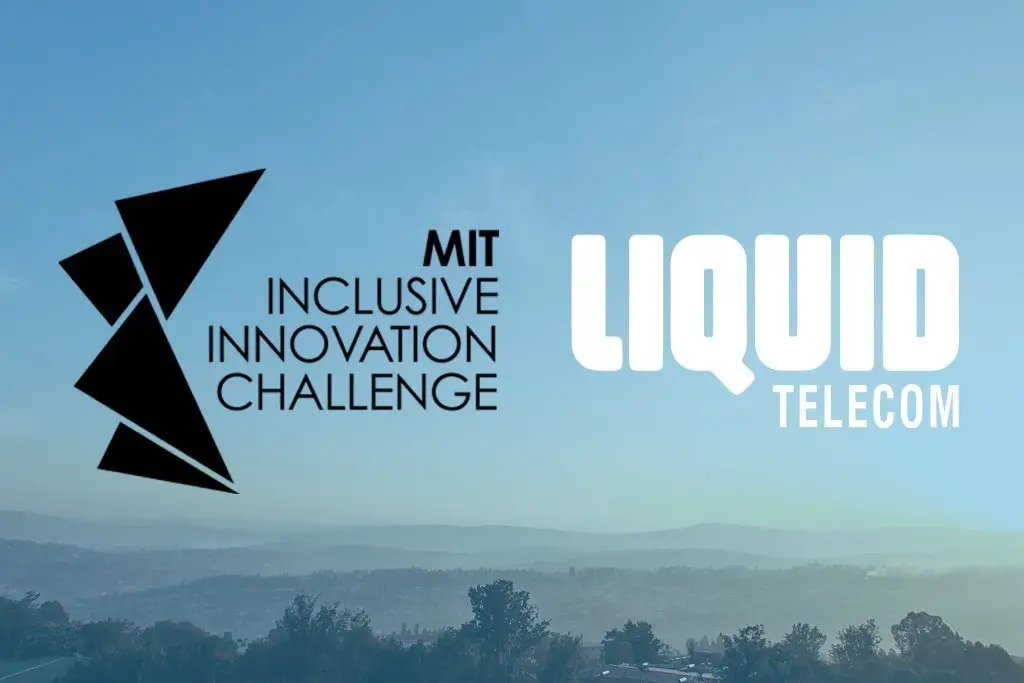- Kenya, Tanzania braces for torrential floods as Cyclone Hidaya approaches
- EAC monetary affairs committee to discuss single currency progress in Juba talks
- Transport and food prices drive down Kenya’s inflation to 5% in April
- Payment for ransomware attacks increase by 500 per cent in one year
- History beckons as push for Kenya’s President Ruto to address US Congress gathers pace
- IMF’s Sub-Saharan Africa economic forecast shows 1.2 percent GDP growth
- The US Congress proposes extending Agoa to 2041, covering all African countries
- Millions at risk of famine as fuel tax row halts UN aid operations in South Sudan
Browsing: Financial Inclusion
The licensed foreign currency trading platform has more than 1000 accounts already opened…
9thGlobal Islamic Microfinance Forum (GIMF) will convene in Lahore – Pakistan on 11th – 13th December, 2019 under the theme of “Evidence of Impact and Financial Inclusion” to explore and discuss innovative financial inclusion strategies that can create clear pathways to poverty alleviation. This Apex event is organized by AlHuda CIBE in Association with Akhuwat and Sponsored by Islamic Corporation for the Development of the Private Sector- ICD. ICD is one of the premier Islamic multilateral financial institution for the development of the private sector.
More than 20 countries will be participating in this prestigious event and around 25 international speakers will be addressing in the event. Majority of the speaker are industry leaders and experts. AlHuda is striving for poverty alleviation through Islamic microfinance by providing advisory, consultancy, research and capacity building services and organized 8 annual events in different countries of the world. This …
With the growth of online banking and online currencies in Africa, the industry of financial technology has seen a growth of over 60% in the past years. Following up a surprising growth, the industry also managed to raise over $320m USD at the same time.
Investment in African Fintechs nearly quadrupled in 2018 to $357m USD, with startups in Kenya, Nigeria and South Africa accounting for the largest share, according to The Mobile Economy, Sub-Saharan Africa 2019 report from the GSM Association.
MTN announced in July that it had been granted a full Super Agent Licence in Nigeria for its Yello Digital Financial Services Limited subsidiary. This will enable the scale launch of MTN Nigeria’s Fintech strategy. Enabling it to convert its existing airtime agents, and recruit other small businesses, to distribute financial services. MTN’s group CEO Rob Shuter told Forbes correspondents earlier this year that “mobile will be at …
Digital payments in Kenya have been ruled by Safaricom through its revolutionary MPesa services. This is despite there being other local players like Airtel Money and Telkom’s T-Kash competing for the local share of mobile money transfer.
Safaricom has gone global targeting international remittances and linking with global players like Western Union and Pay Pal to make trans-border transfers.
However, during the just concluded East Africa EuroMoney Conference locally hosted by Central Bank of Kenya, the CBK governor Dr Patrick Njoroge noted that these innovations though first tested and embraced in Kenya, must not sleep on their laurels.
Dr Njoroge noted that Kenya was able to enjoy the innovation and domesticate the technology, which has drawn the admiration of global players and replicated world over.
However, it is the entry of global players like WhatsApp, WeChat, Alipay and Apple Cash which have made it easier to transfer money, purchase items …
When Kenya’s Capital Markets Authority announced it will launch its regulations for a sandbox, industry players knew the regulator was going into uncharted waters, at least on the continent. Though this kind of concept has been tested and approved in other global markets, Kenya was taking the mantle in leading the continent in helping fintechs experiment and innovate in a controlled environment.
Fintechs have played a great role in providing access to finance for Africa but they have been hindered by lack of certainty with some failing to make it to the next year. However, they remain key to financial inclusivity in the continent that has long been left behind n this realm.
A regulatory sandbox is a framework set up by a financial sector regulator to allow small scale, live testing of innovations by private firms in a controlled environment under the regulator’s supervision. The concept, which was developed …
Tanzania`s vast geographical boundaries and mobile phone penetration among its demographics have attributed to a shift of many Tanzanians from traditional cash transactions to emerging mobile payment solutions.
Mobile solutions are being used to send money home, facilitate informal business transactions, pay bills, or buy pre-paid electricity. Notably, low-income people, especially in the rural areas, find value in remote digital payment solutions.
According to the second National Financial Inclusion Framework 2018-2022 (NFIF2), mobile payment solutions have contributed to an increasing number of adults in the formal financial systems, from 58 per cent in 2013 to 65 per cent in 2017.
The framework further asserts that the combined efforts between the government and the private sector are a main factor for the upsurge in financial inclusion.
The World Bank also maintains that the inclusion of people in the formal financial system will enable communities, especially businessmen to access financial services with …
The IIC will award a total of USD1.6 million this year —including USD250,000 to each of the four winning organisations.…











